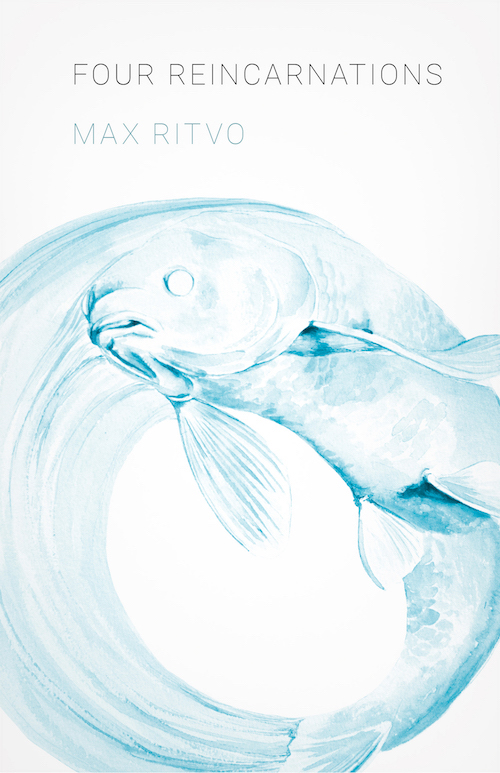Max Ritvo & Heather Hartley Reviewed at LARB

At the Los Angeles Review of Books, Stephen Burt looks at Max Ritvo's debut book, Four Reincarnations, and Heather Hartley’s Adult Swim, her second collection. Burt approaches Ritvo's collection under the dual lens of first book and last book; Ritvo passed away on August 23rd, as we reported here. Burt writes:
If you read academic lit-crit, you may have encountered Jesse Zuba’s The First Book, which examines poetic debuts as covert manifestos, ways to position oneself among styles and institutions, and yet to “resist conformity” at the outset of a career. You might also have read Last Looks, Last Books, Helen Vendler’s compact, magnificent look at how modern poets “to whom the concept of an afterlife is no longer available” consider “the interface of death and life.” Not every first book is a First Book in this sense, nor is every final book a Last Book, but Four Reincarnations certainly feels like both. One of the poets in Last Looks, Vendler writes, “learned to examine death with an impersonality of style that announces her eventual critique of poems exclusively personal in utterance.” That poet is Sylvia Plath, and while Ritvo’s temperament never resembles Plath’s, he too wants to make sure that his poems about facing death are not just about him. Instead, he tries to make himself at once distinctive and representative, and at his best he can do so with an understated, disarming informality:
When I was about to die
my body lit up
like when I leave my house
without my wallet.One of his finest poems about his illness is also one of his simplest, “Plush Bunny,” which begins with the lines:
My poor little future,
you could practically fit in a shoe-box
like the one I kept peshul bunny in
when I decided I was too old to sleep with her.The nonstandard language of children — “peshul,” “Pee Pee Priestess” — provides rare relief from the very common words, the restricted diction, that come as naturally to Ritvo as they do to, say, Glück. They invite us not to feel bad for him, but to imagine more about him.
Burt continues his double review with Hartley's Adult Swim, writing:
In certain Renaissance paintings, signs of worldly enjoyment — fruit, for example — also remind us that we will die; in Hartley’s poems, though, signs of apparent dejection or disappointment remind us that the sun comes back and days go on. (Her enjambments, her frequent hyphenations, are ways to resist the idea that any one end is The End.) When she’s on — and, of course, she is not always on — she doesn’t so much risk triviality as enjoy it, and even when she complains, she’s having barbed fun.
Go ahead and read it all yourself at LARB.


